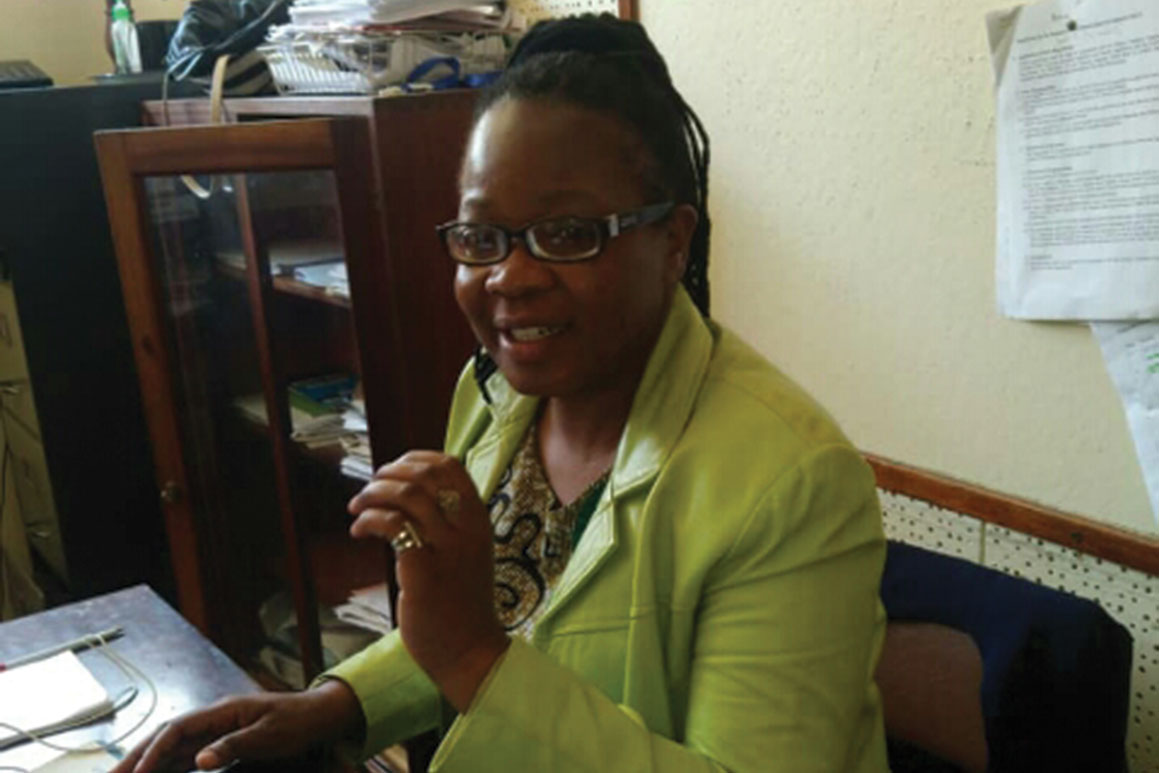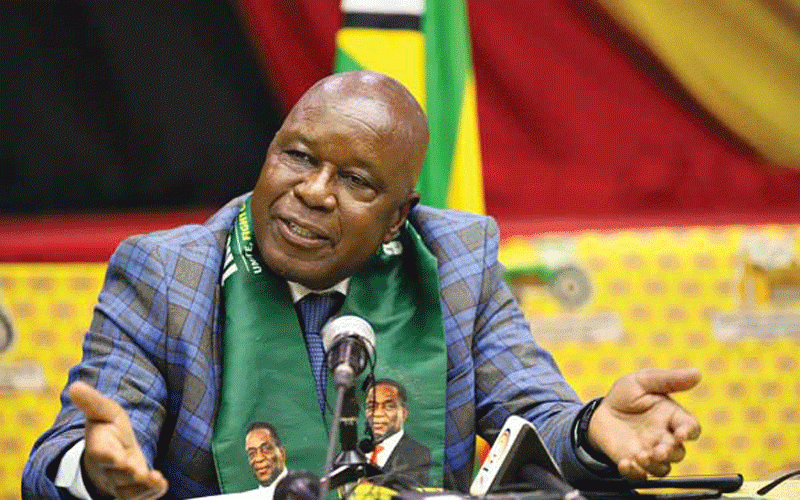
guest column:Tawanda Matende and Patricia Mabugu
THE public needs to know how to recognise the symptoms, report and contain coronavirus (COVID-19) if we are to put the current pandemic under control. Dissemination of accurate health information among hearing impairment communities in Zimbabwe is a problem because no universal signing vocabulary exists for this virus. So far we have established that there are more than five signs that are being used.
As the government and medical personnel across Zimbabwe rump up their public communication regarding COVID-19, much of this crucial information is not being disseminated to the deaf community which relies on sign language (SL).
There is dearth of sign language interpretive services in healthcare units and centres. The government must step up. This contagious virus, which is spreading rapidly, requires precaution, information and treatment.
The nexus of this article lies in the fact that medical practitioners use spoken language to communicate with their clients in their day-to-day business, therefore, chances of having a ready programme or resources to cater for the deaf in times like this may be non-existent or limited.
In a bid to understand the use of sign language in the health domain, this article intends to answer the following questions: Is the language provisions relating to the use of SL in Zimbabwe being implemented in the health set-up?
Is the health domain in Zimbabwe sensitive to the health and linguistics rights of the deaf? What are the communication and mainstream challenges that deaf patients face and why?
Are there any effective implementation strategies designed to promote and advance the use of SL in the health domain?
- Chamisa under fire over US$120K donation
- Mavhunga puts DeMbare into Chibuku quarterfinals
- Pension funds bet on Cabora Bassa oilfields
- Councils defy govt fire tender directive
Keep Reading
Language is the avenue through which members of a society interact. Through language, members of a society are able to participate in national development. It is, therefore, a crucial tool in the dispensation and achievement of national aims, objectives and development.
Freedom of information is the citizen’s right to know and access the official information held by the government, public and private bodies.
Access to information remains a struggle. If Zimbabwe is to realise its development millennium goals, especially in health communication, then it has to accord its people their linguistic rights by availing health information in vernacular languages inclusive of SL.
Mother tongue speakers need to exercise their linguistic rights as citizens of Zimbabwe. The language situation in Zimbabwe reduces them to linguistic prisoners.
Many people do not understand the language used in healthcare units and these problems are exacerbated for people with disabilities.
There are no COVID-19 awareness programmes specifically designed for people with hearing impairments in Zimbabwe.
This has perilous effects not only for them, but also for the rest of the society.
Preventing the spread of coronavirus is key. It starts with access to information. Government websites seldom have material available in sign language, written text is often insufficient because many deaf people find it difficult to read and write in Shona, Ndebele and English, since learning a written language involves phonetics and phonology.
The common link among these barriers is sign language. Denying language rights to the deaf denies their accessibility to public services and society.
It affects their right to be treated equally, and in some cases, prevents them from gaining proper healthcare information, and the benefits of social services and mass media.
Should a deaf person manifest any symptoms of COVID-19 disease, their only option is to call COVID-19 hotlines which are not accessible to the deaf.
Should a deaf person eventually need to go to hospital, it would be difficult for him/her since there are no sign language interpreters readily available.
Interviewed deaf people at Copacabana bus terminus in Harare lamented that lack of accessible information hampers their access to information about the coronavirus.
The fact that this is a basic human right is relegated to the background.
Even if one sets aside the current deadly coronavirus, people with hearing impairments’ insufficient access to information and medical resources in Zimbabwe remains evident.
The only panacea for COVID-19 preparedness is to make explanatory and informative sign language video for the deaf. It is also important that all media houses, especially on COVID-19 have communication available to all users of sign language.
In fact, good communication between the health practitioners and the deaf is the bedrock of diagnosis and treatment. Nurses and doctors in hospitals use spoken language, be it English, Shona and Ndebele in their day-to-day interactions with their clients.
One of the nurses at a certain hospital lamented that the government employed full-time interpreters in courts to interpret spoken languages such as English, Shona and Ndebele, why not employing sign language interpreters in hospitals?
The medical practitioners recommend that government employs sign language interpreters who must be readily available to offer interpretation services whenever a patient with hearing impairments visits a healthcare centre.
Tawanda Matende is a Canon Collins Scholar and a PhD candidate with the University of Venda while Patricia R Mabugu is a senior lecturer in the Department of Linguistics with the University of Zimbabwe. Views expressed in this article are personal.











